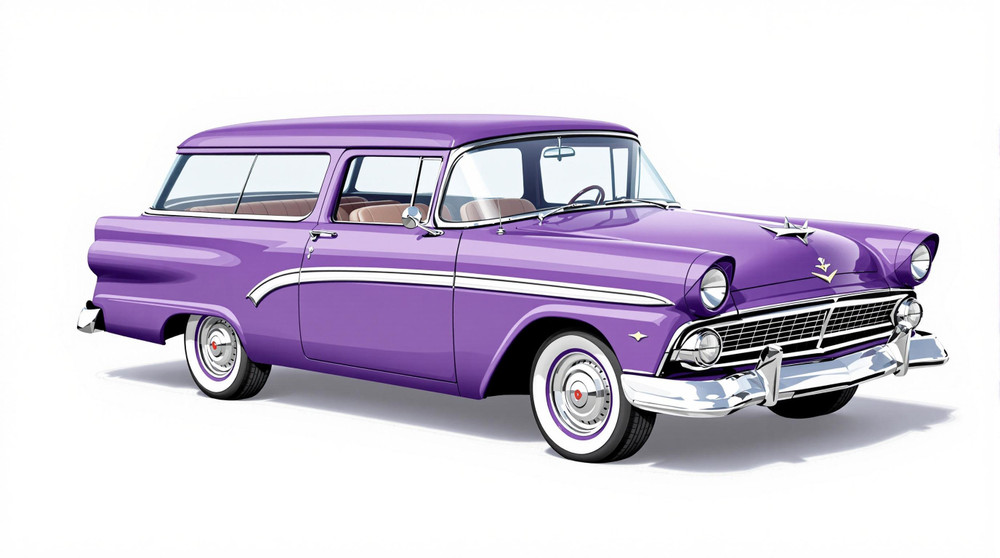Image of 1956 Ford Ranch Wagon, Note: These illustrations use artistic license and may differ from actual historical models.
Performance Metrics
Fundamental Metrics
Emotional Appeal
MMP Rating
| Engine Specifications | |
|---|---|
| Engine: | 223 CID (3.7L) OHV I6, 272 CID (4.5L) Y-block V8 |
| Displacement: | 223-272 CID |
| Horsepower: | 120-173 hp |
| Torque: | 190-260 lb-ft |
| Compression Ratio: | 7.6:1 (I6), 8.4:1 (V8) |
| Ignition System: | Conventional breaker-point ignition system |
| Cooling System: | Liquid-cooled |
| Performance Specifications | |
| 0-60 Time: | Estimated 10-12 seconds |
| 1/4 Mile Time: | Estimated 17-19 seconds |
| Top Speed: | 90-100 mph |
| Transmission and Drive | |
| Drive Type: | Rear-wheel drive |
| Transmission Type: | 3-speed manual, 3-speed Ford-O-Matic automatic |
| Fuel and Efficiency | |
| Fuel System Type: | Carburetor |
| MPG: | Estimated 10-15 mpg |
| Dimensions and Brakes | |
| Brakes: | Drum brakes |
| Wheelbase: | 115.5 inches |
| Weight: | 3,200-3,500 lbs |
Note: Specifications for classic cars are given to the best of our ability, considering the limited and variant data available.
Introduction
The 1956 Ford Ranch Wagon stands as a testament to America's post-war automotive boom, a period that saw the station wagon evolve from a utilitarian workhorse into a symbol of suburban family life. Born from the assembly lines of the Ford Motor Company, this two-door wagon was more than just a means of transportation; it was an integral part of the American Dream. With its sleek lines and practical design, the Ranch Wagon captured the essence of 1950s optimism. A unique fact about this vehicle is that it was one of the first to blend utility with passenger car comfort, making it an early forerunner in what would become the modern SUV and crossover segments.
Design and Innovation
The exterior of the 1956 Ford Ranch Wagon was a harmonious blend of function and style. Its long, straight body lines and pronounced fenders exuded a sense of motion even at a standstill. The wraparound windshield and tasteful chrome accents added to its visual appeal. Inside, passengers were greeted with durable yet comfortable materials, reflecting the era's fascination with both innovation and practicality. Technologically, it featured advancements like Ford's then-new Lifeguard safety package, which included innovations such as a deep-dish steering wheel and optional seat belts. Color options ranged from classic two-tones to solid hues, with popular choices including Meadow Mist Green and Colonial White. The most iconic body style was undoubtedly the two-door variant, which offered ample cargo space without sacrificing its stylish demeanor.
Historical Significance
The Ranch Wagon's impact on automotive design was significant; it helped popularize the station wagon as a family vehicle rather than just a commercial utility car. It set itself apart with its car-like driving dynamics combined with cargo versatility, paving the way for future generations of family-oriented vehicles.
Performance and Handling
Under the hood, the 1956 Ranch Wagon came equipped with a range of engines, including the robust "Y-block" V8 that could propel this family hauler to impressive speeds for its time. While exact figures vary, some models could reach 60 mph from a standstill in under 12 seconds—a commendable feat for a wagon. On the road, it handled with poise, absorbing bumps gracefully while maintaining composure on winding paths. Drivers often remarked on the throaty rumble of the engine—a sound that evoked power without sacrificing refinement.
Ownership Experience
The Ranch Wagon found its niche among families needing practicality but not wanting to sacrifice style. It also became popular among car enthusiasts for its customization potential. Maintenance was straightforward by modern standards, making it an accessible classic for today's collectors. The simplicity of its mechanical systems means that many owners can perform repairs themselves.
Fun Facts
Among some interesting trivia about the 1956 Ford Ranch Wagon is that it occasionally found itself in celebrity garages and was sometimes customized into hot rods by enthusiasts. While not known for breaking speed records, it did set sales records for Ford at the time. Criticisms were few but often pointed towards its fuel consumption—a common trait among vehicles of its era.
Collector's Information
Today, collectors hold the 1956 Ford Ranch Wagon in high regard due to its iconic status and relative rarity. While production numbers were substantial for the time, surviving examples in good condition are less common. Values can range significantly based on condition, originality, and historical significance, but well-preserved models can fetch anywhere from $15,000 to $35,000 or more at auction.
Conclusion
The 1956 Ford Ranch Wagon is more than just an old car; it's a slice of Americana that tells a story about innovation, design, and cultural transformation. Its legacy endures not only in automotive history but also in the hearts of those who appreciate the golden era of American motoring.
1956 Ford Ranch Wagon Catalog of Parts
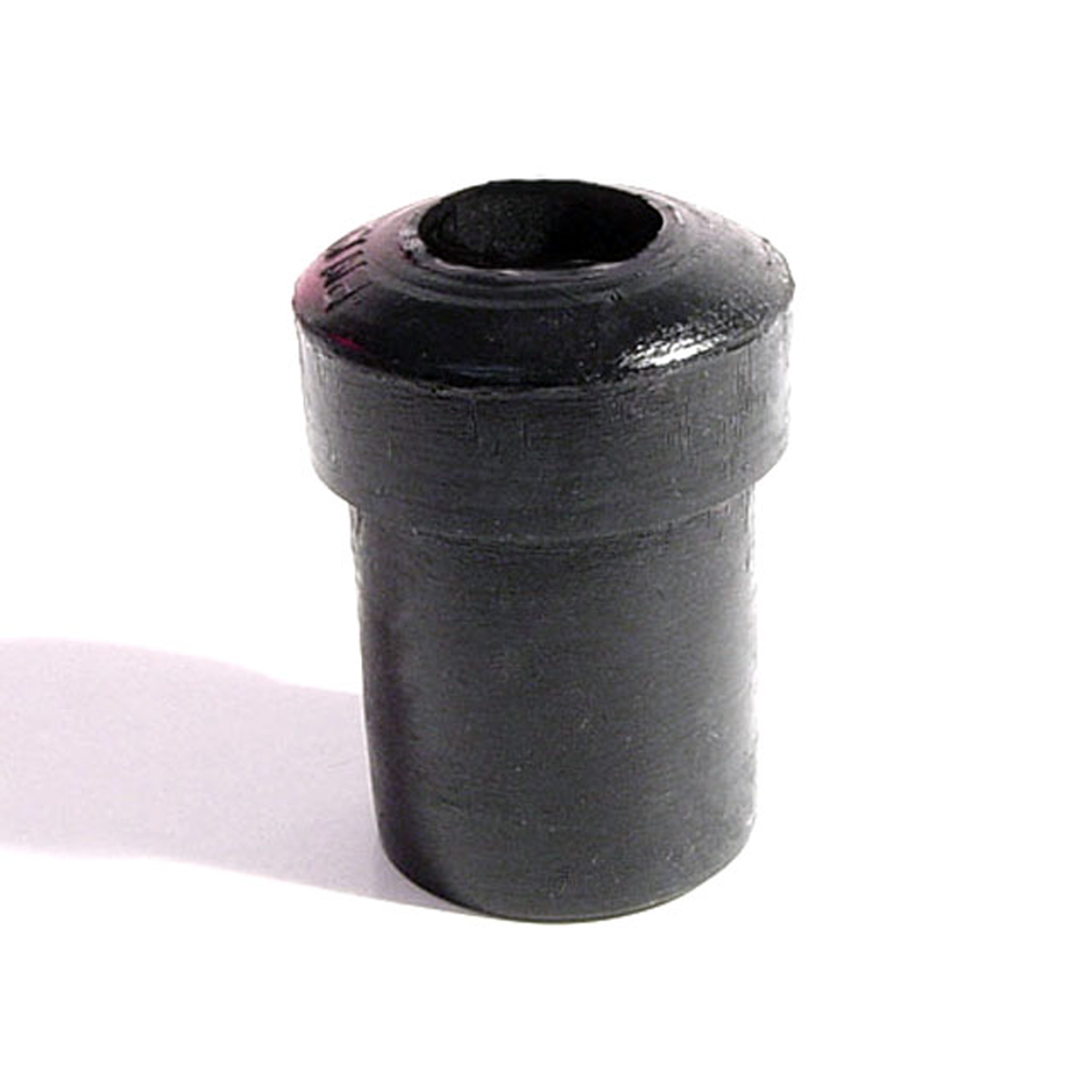 1956 Ford Ranch Wagon Spring and Shackle Bushing. 7/8" bottom O.D-BN 19Spring and Shackle Bushing. 7/8" bottom O.D. X 1-1/4" high, with 1/2" I.D. Each
1956 Ford Ranch Wagon Spring and Shackle Bushing. 7/8" bottom O.D-BN 19Spring and Shackle Bushing. 7/8" bottom O.D. X 1-1/4" high, with 1/2" I.D. Each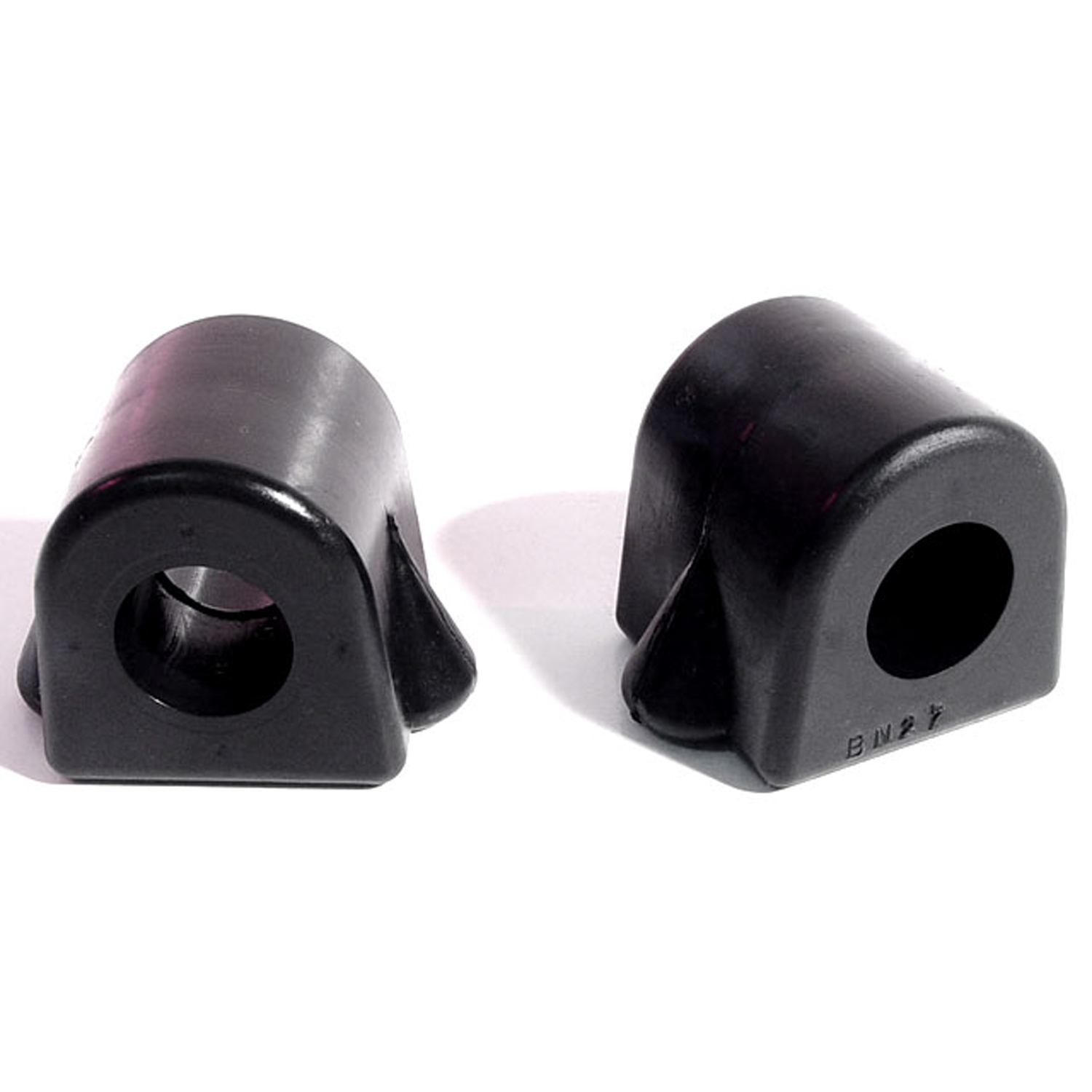 1956 Ford Ranch Wagon Stabilizer Bar Bushing. 1-1/2" high, 3/4" I.D. Pair-BN 27Stabilizer Bar Bushing. 1-1/2" high, 3/4" I.D. Pair
1956 Ford Ranch Wagon Stabilizer Bar Bushing. 1-1/2" high, 3/4" I.D. Pair-BN 27Stabilizer Bar Bushing. 1-1/2" high, 3/4" I.D. Pair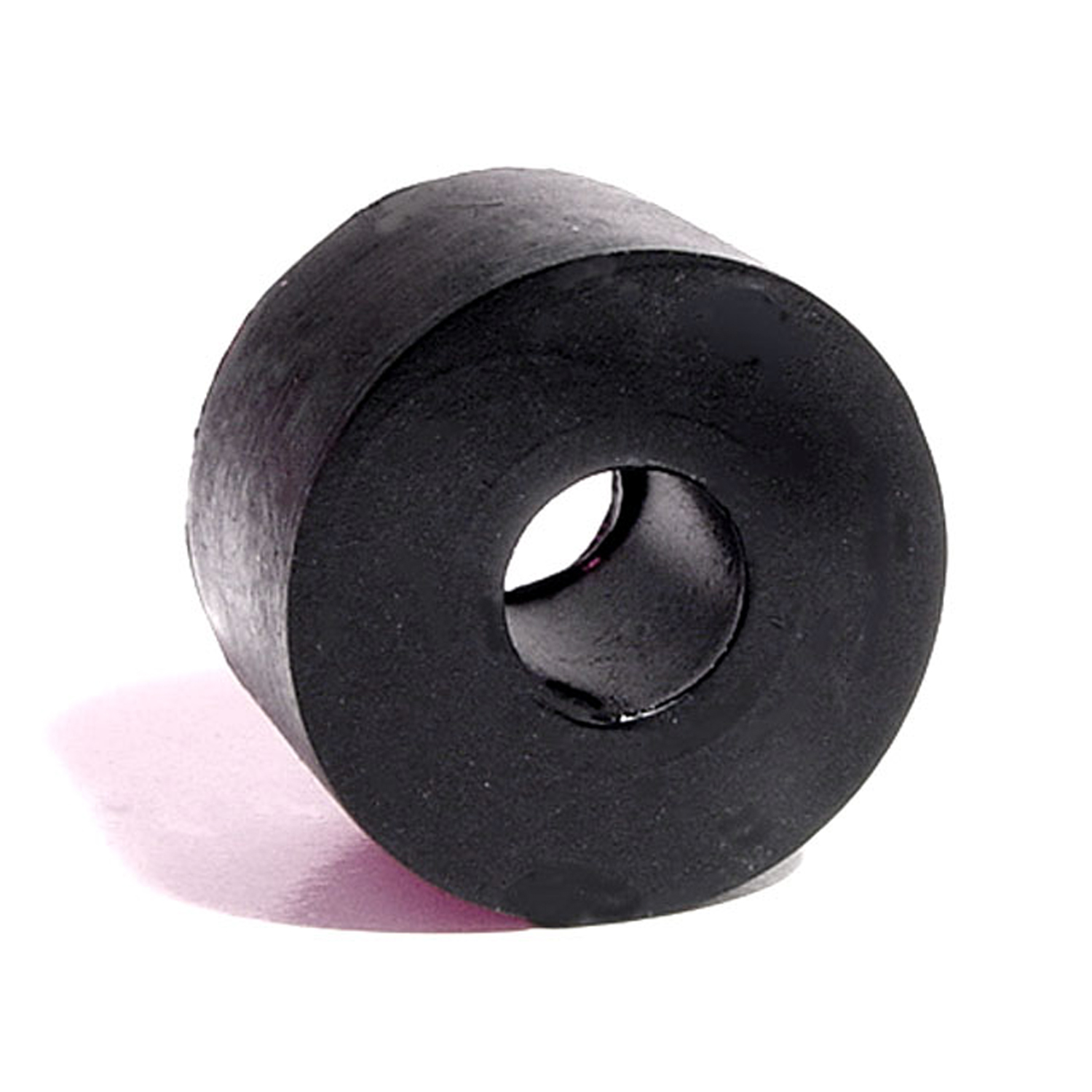 1956 Ford Ranch Wagon Shock Absorber Grommet. 1" bottom O.D-BN 6Shock Absorber Grommet. 1" bottom O.D. X 1/2" high, with 3/8" I.D. Each
1956 Ford Ranch Wagon Shock Absorber Grommet. 1" bottom O.D-BN 6Shock Absorber Grommet. 1" bottom O.D. X 1/2" high, with 3/8" I.D. Each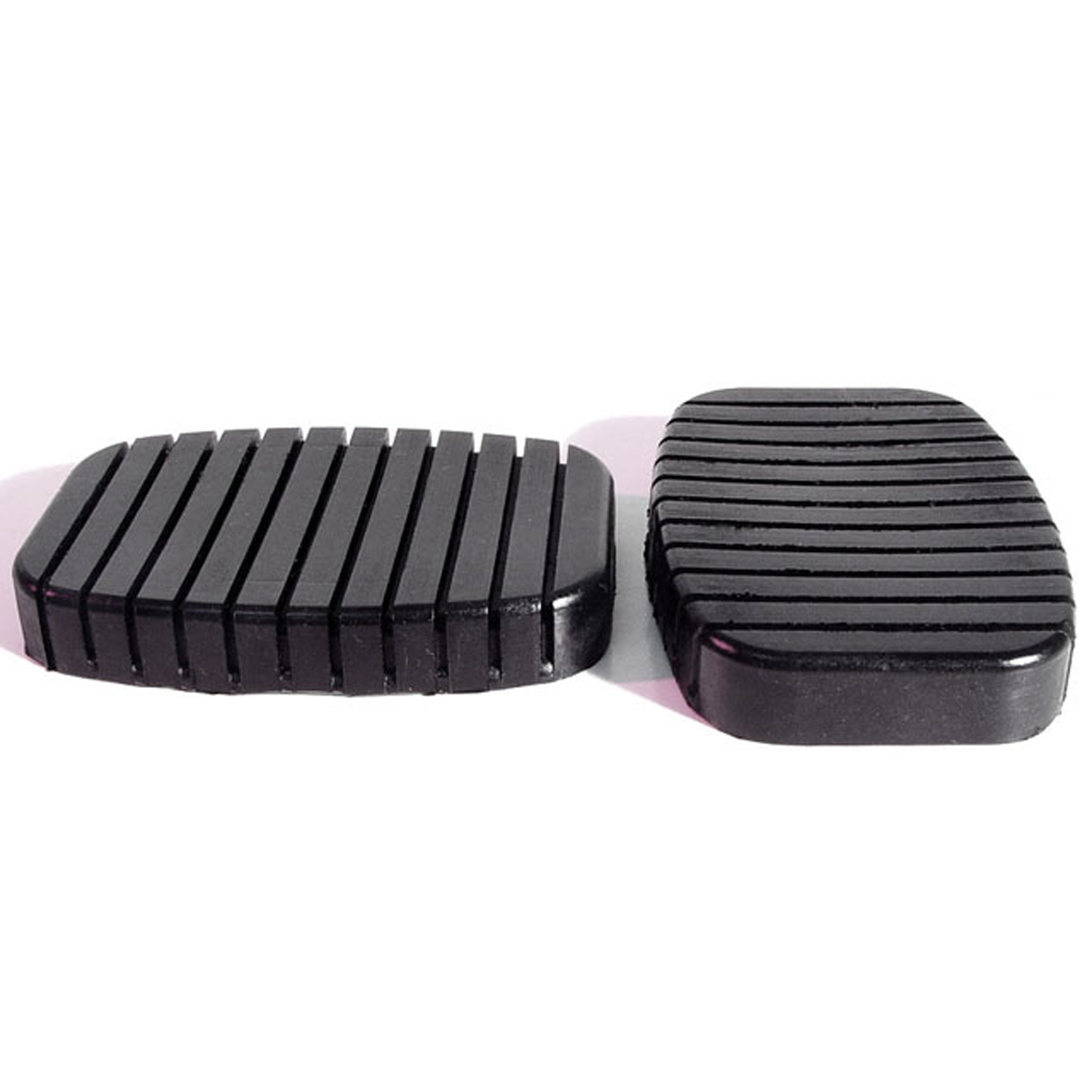 1956 Ford Ranch Wagon Clutch and Brake Pedal Pads-CB 90-BClutch and Brake Pedal Pads. For models with standard transmission. 2-1/4" wide X 3-1/4" long. Pair
1956 Ford Ranch Wagon Clutch and Brake Pedal Pads-CB 90-BClutch and Brake Pedal Pads. For models with standard transmission. 2-1/4" wide X 3-1/4" long. Pair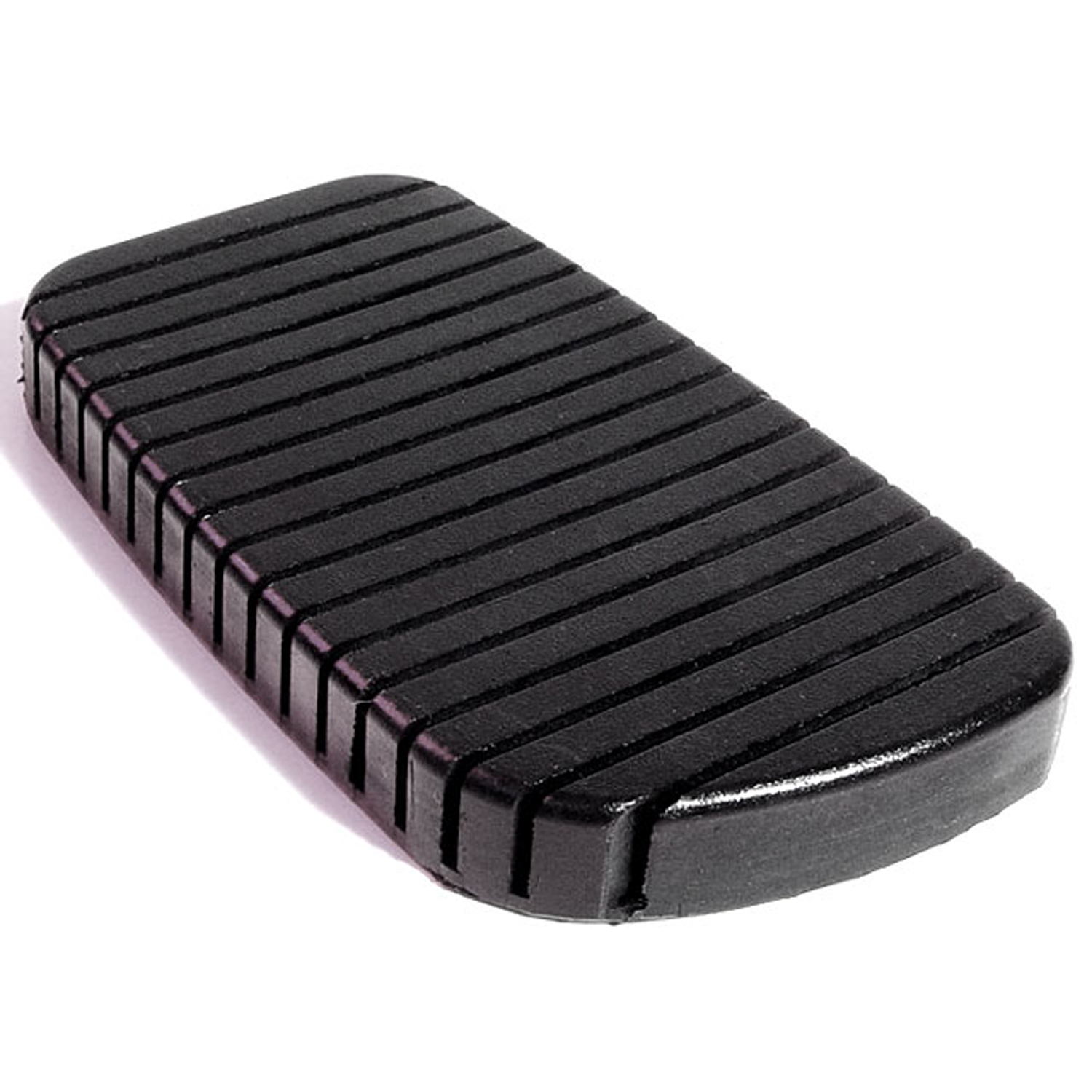 1956 Ford Ranch Wagon Brake Pedal Pad. Correct reproduction of a difficult part-CB 90-CBrake Pedal Pad. Correct reproduction of a difficult part. 2-1/2" wide X 4-1/2" long. Each
1956 Ford Ranch Wagon Brake Pedal Pad. Correct reproduction of a difficult part-CB 90-CBrake Pedal Pad. Correct reproduction of a difficult part. 2-1/2" wide X 4-1/2" long. Each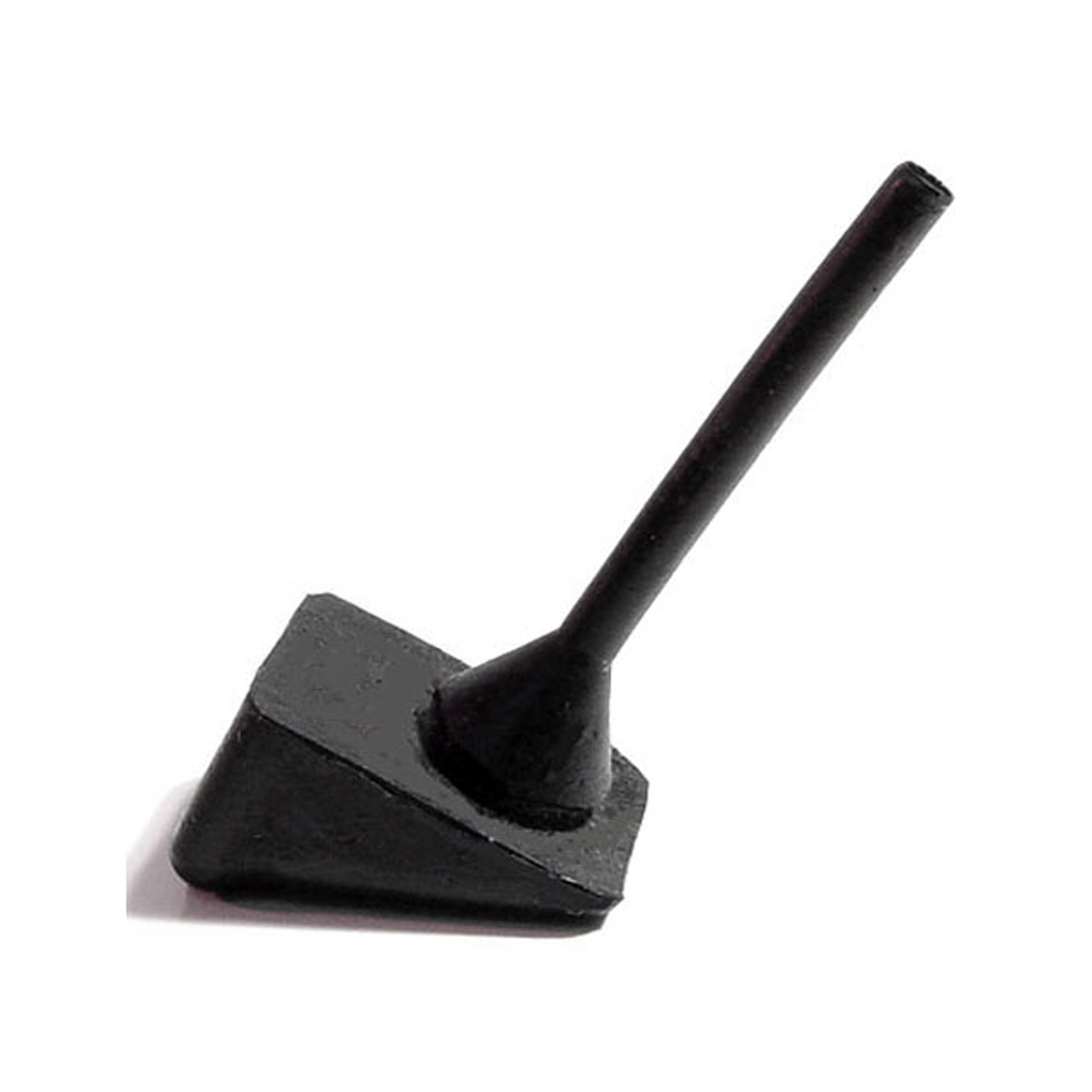 1956 Ford Ranch Wagon Hood Bumper. Each-HF 8Hood Bumper. Each
1956 Ford Ranch Wagon Hood Bumper. Each-HF 8Hood Bumper. Each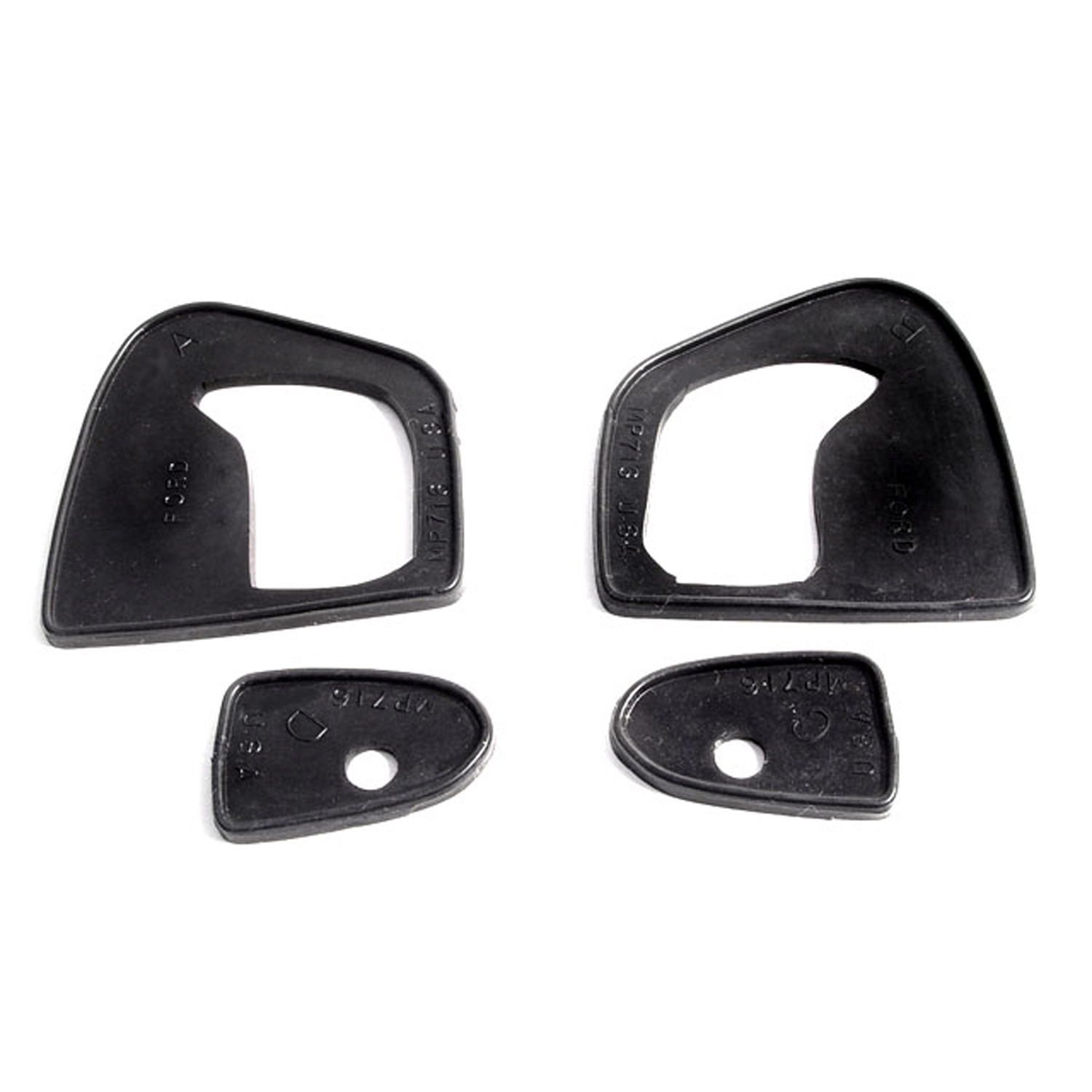 1956 Ford Ranch Wagon Door Handle Pads. 2-1/2" long & 1-1/2" long. Set R&L-MP 716Door Handle Pads. 2-1/2" long & 1-1/2" long. Set R&L
1956 Ford Ranch Wagon Door Handle Pads. 2-1/2" long & 1-1/2" long. Set R&L-MP 716Door Handle Pads. 2-1/2" long & 1-1/2" long. Set R&L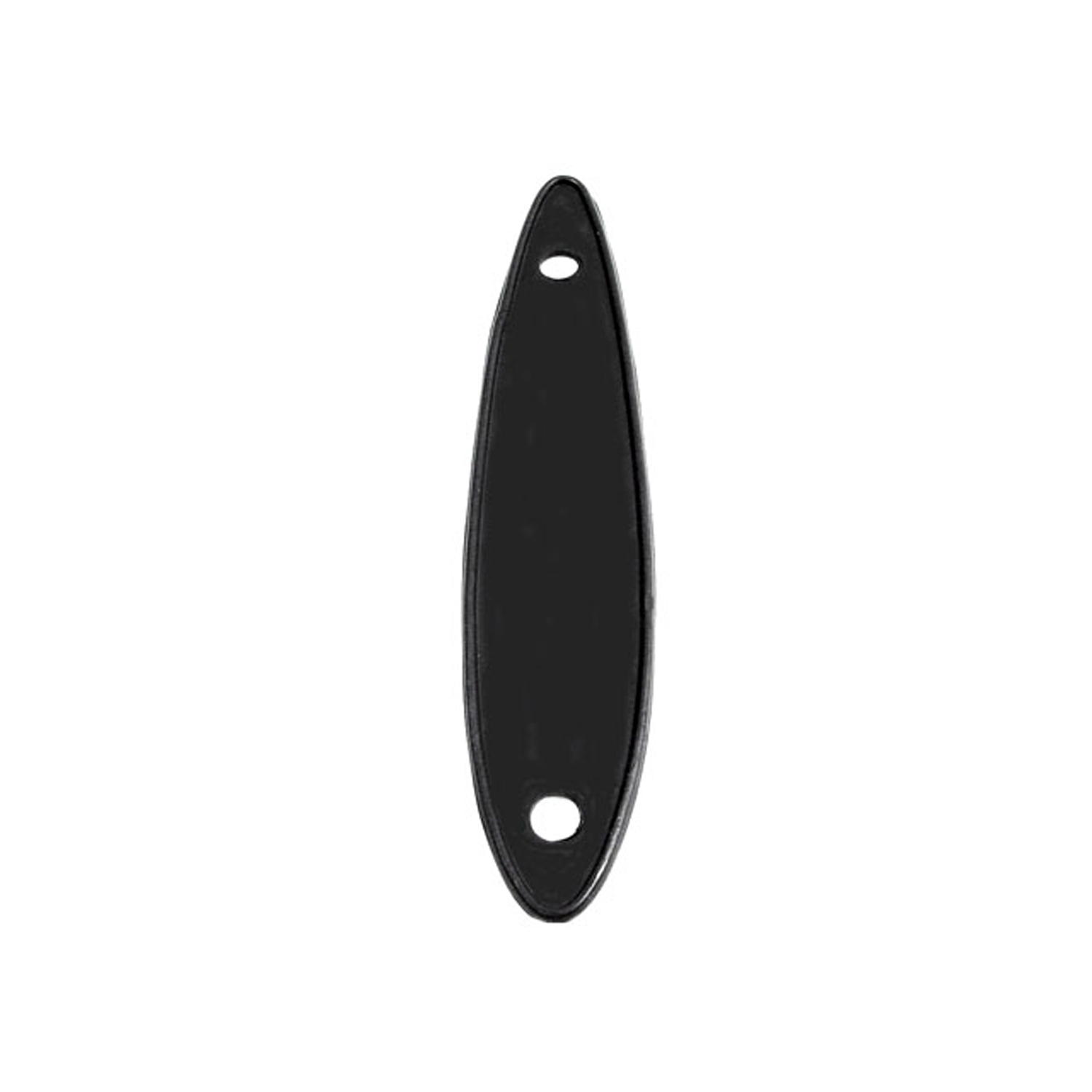 1956 Ford Ranch Wagon Mirror-on-door mounting pad. Fits models with 6-3/8 in-MP 996-RMirror-on-door mounting pad. Fits models with 6-3/8 in. long mirror base. 1-1/2 in. W x 6-5/8 in. L. Each.
1956 Ford Ranch Wagon Mirror-on-door mounting pad. Fits models with 6-3/8 in-MP 996-RMirror-on-door mounting pad. Fits models with 6-3/8 in. long mirror base. 1-1/2 in. W x 6-5/8 in. L. Each.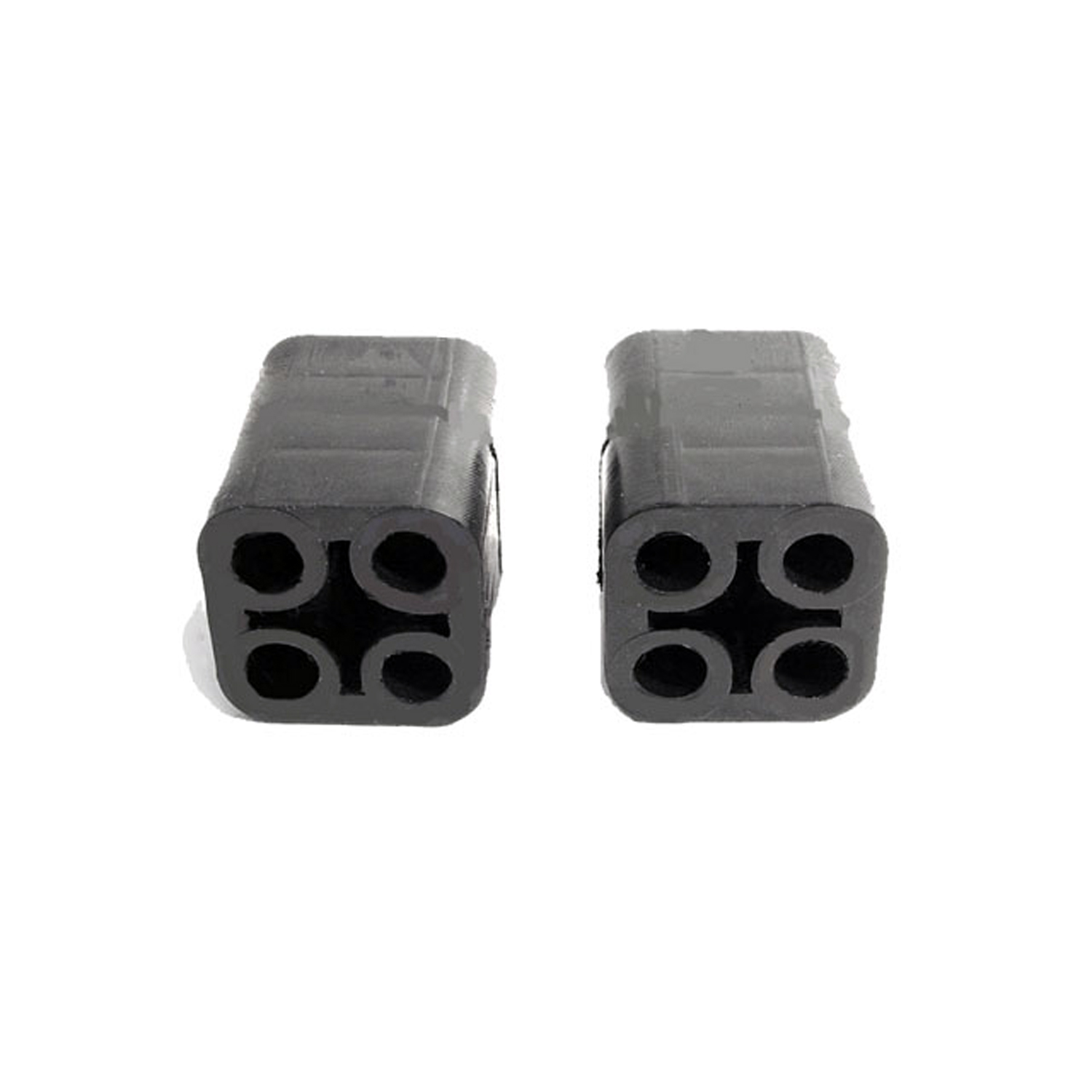 1956 Ford Ranch Wagon Spark Plug Wire Retainer Grommet. Each-SM 30-BSpark Plug Wire Retainer Grommet. Each
1956 Ford Ranch Wagon Spark Plug Wire Retainer Grommet. Each-SM 30-BSpark Plug Wire Retainer Grommet. Each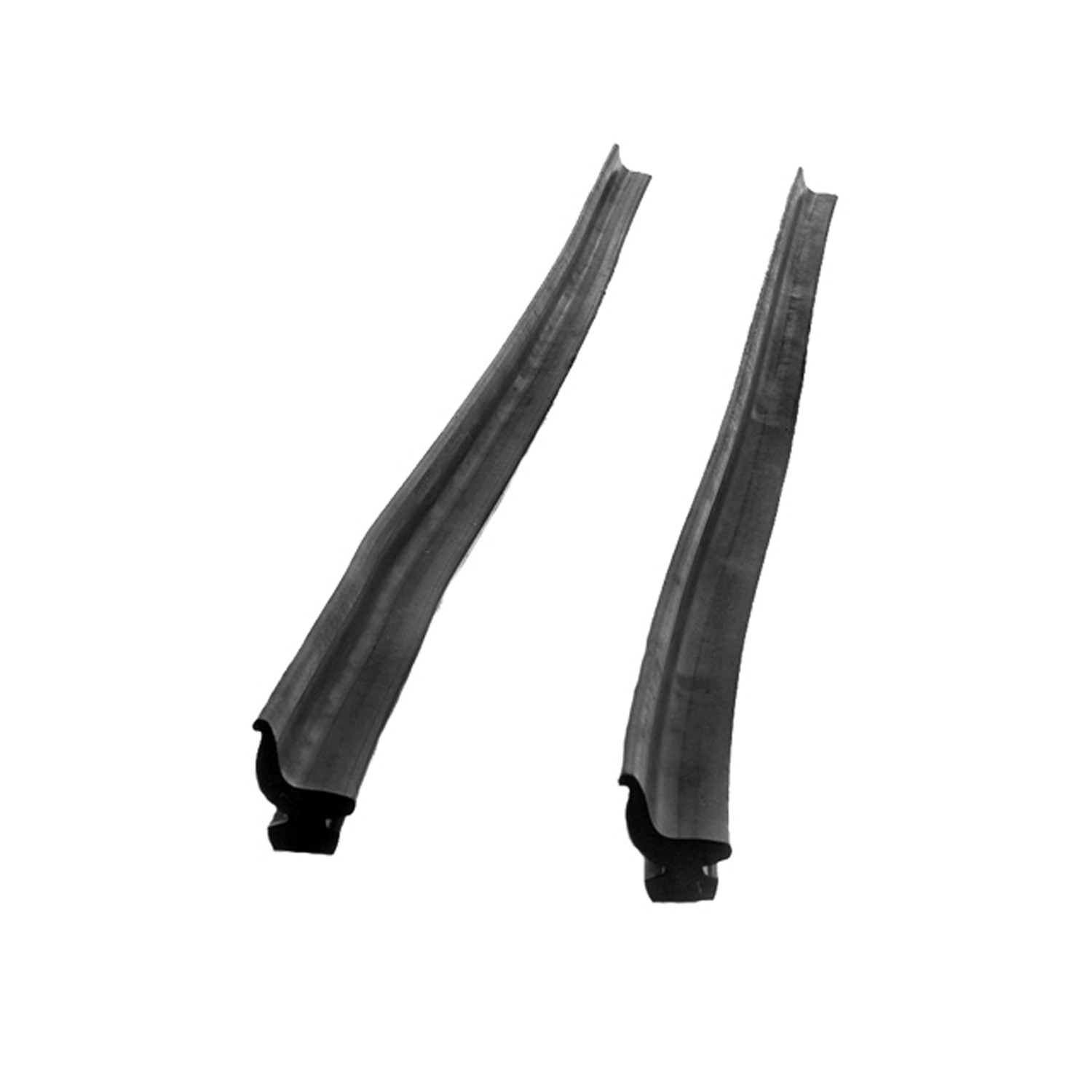 1956 Ford Ranch Wagon Rear roll-up Seal. Two 18" sections sliced into metal track-VS 4Rear roll-up Seal. Two 18" sections sliced into metal track. this foot with no steel insert. Pair
1956 Ford Ranch Wagon Rear roll-up Seal. Two 18" sections sliced into metal track-VS 4Rear roll-up Seal. Two 18" sections sliced into metal track. this foot with no steel insert. Pair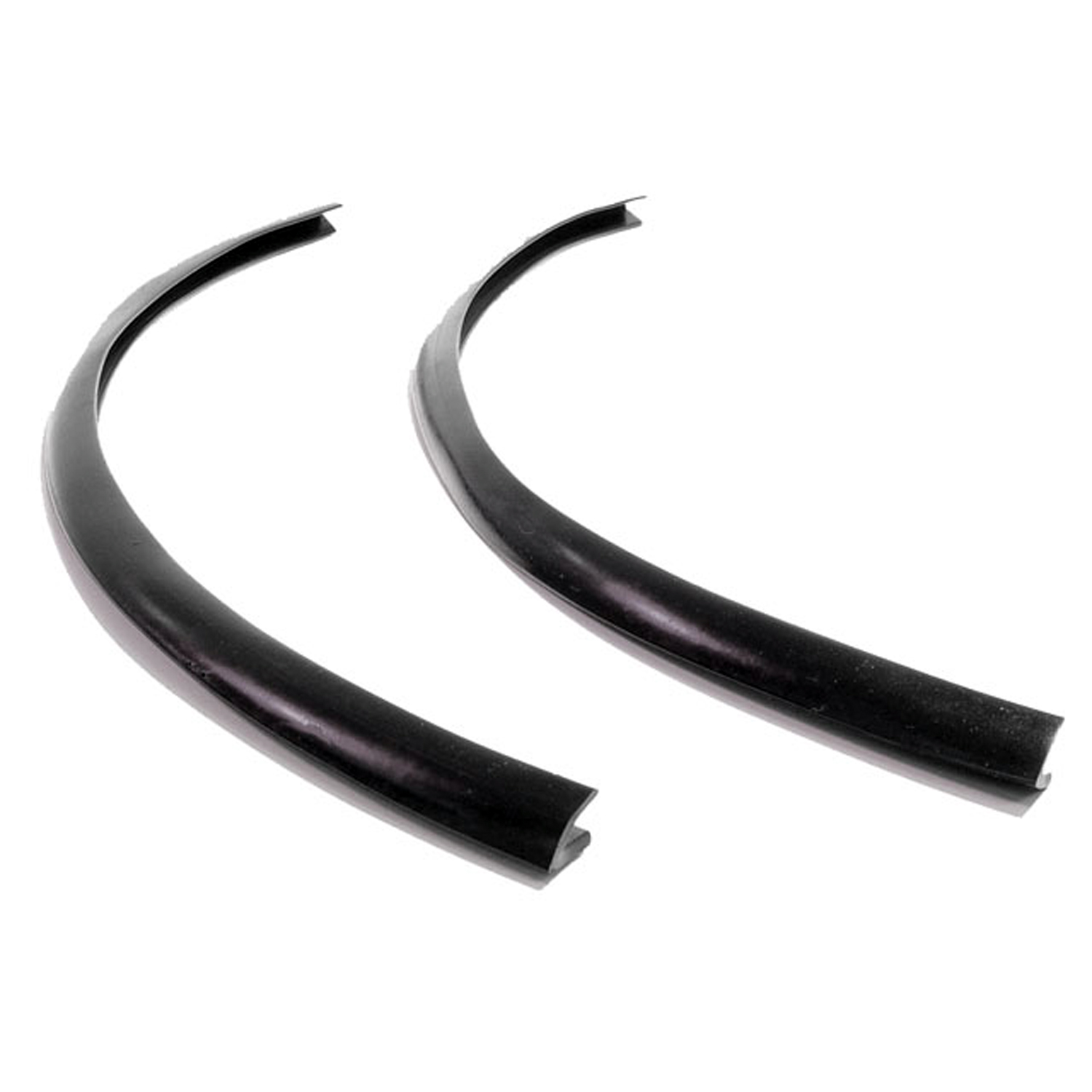 1956 Ford Ranch Wagon Vertical Seals for Vent Window. Each piece is 17" long-VS 6Vertical Seals for Vent Window. Each piece is 17" long. Pair
1956 Ford Ranch Wagon Vertical Seals for Vent Window. Each piece is 17" long-VS 6Vertical Seals for Vent Window. Each piece is 17" long. Pair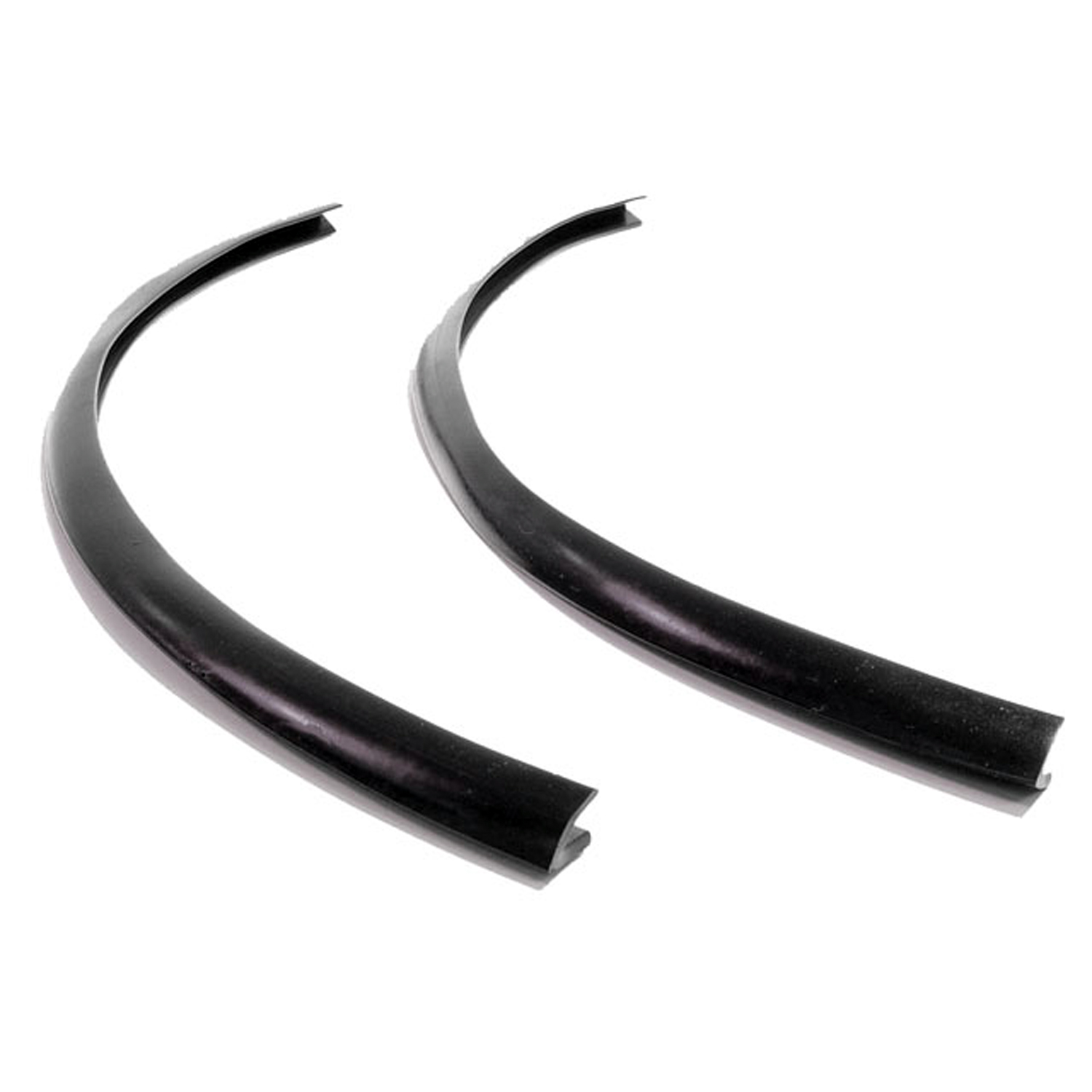 1956 Ford Ranch Wagon Vertical Seal for Vent Window. Sold by the foot.-VS 6/FTVertical Seal for Vent Window. Sold by the foot.
1956 Ford Ranch Wagon Vertical Seal for Vent Window. Sold by the foot.-VS 6/FTVertical Seal for Vent Window. Sold by the foot.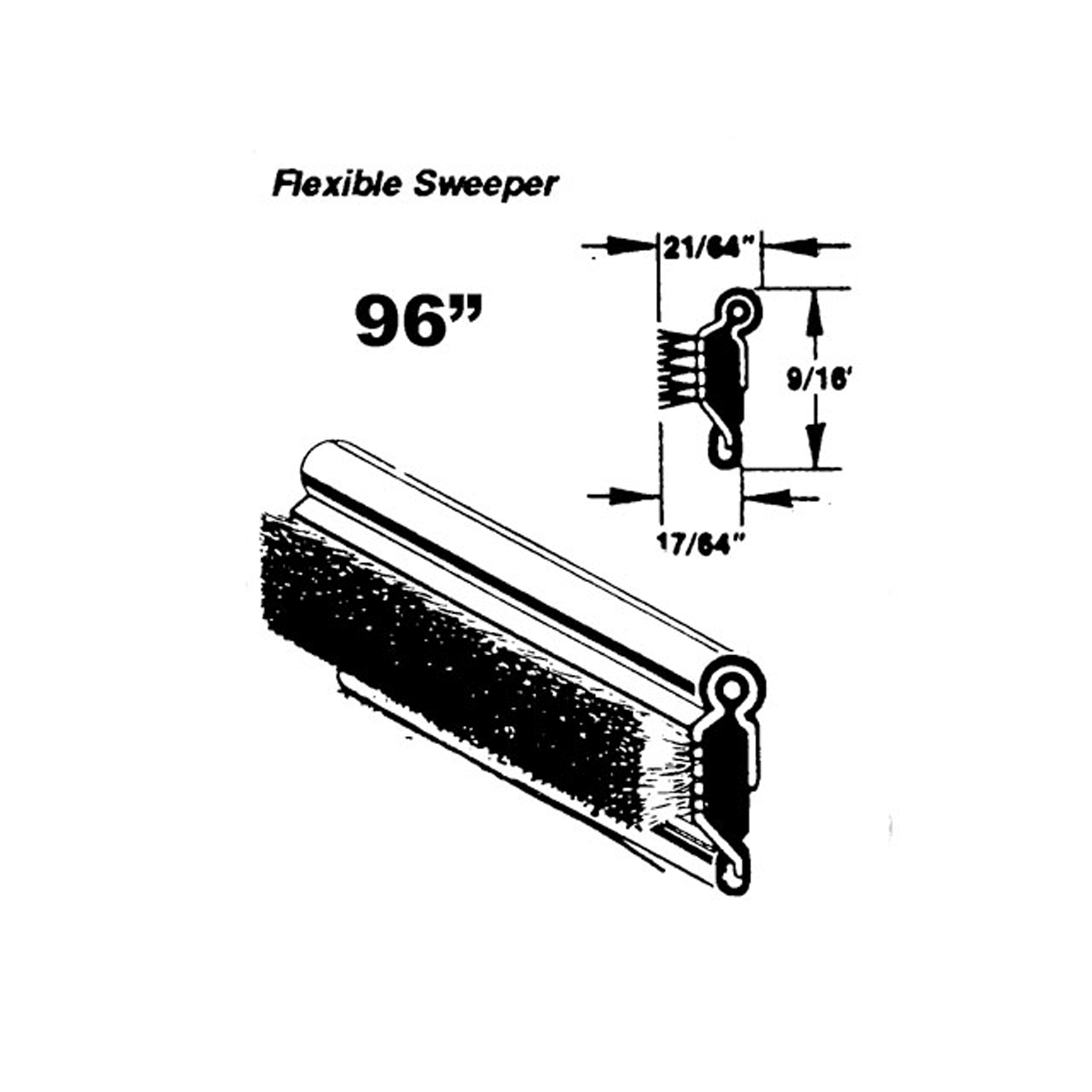 1956 Ford Ranch Wagon Flexible window sweeper. Made with stainless steel bead-WC 7-96Flexible window sweeper. Made with stainless steel bead. 96 in. long. Each. NOTE: $20 special shipping charge applies for domestic orders. Call or email for overseas shipping costs. Part can be sectioned in two or three equal lengths to reduce overseas shipping costs.
1956 Ford Ranch Wagon Flexible window sweeper. Made with stainless steel bead-WC 7-96Flexible window sweeper. Made with stainless steel bead. 96 in. long. Each. NOTE: $20 special shipping charge applies for domestic orders. Call or email for overseas shipping costs. Part can be sectioned in two or three equal lengths to reduce overseas shipping costs.Why Choose Metro?
For over 100 years, Metro Moulded Parts has been the pinnacle of quality in classic car restoration parts. Our commitment to precision and authenticity in every component ensures a perfect fit and an OEM-level appearance.
- Expert Craftsmanship & Quality: Each part is a testament to our dedication to reliability and perfection, crafted from original designs and thoroughly tested.
- Advanced Technology: We use cutting-edge techniques to create flawless, long-lasting parts that surpass others in performance.
- SuperSoft Sponge – The Ultimate Door Seal: Not only are our door seals 30% softer than competitors', but they're also guaranteed to never leak. They effectively reduce wind and road noise, enhancing your classic car's comfort and driving experience.
- Proudly American: Our parts are a product of American craftsmanship, made in the USA with a spirit of excellence and heritage.
- Unrivaled Warranty: We back our products with a 30-year industry-leading warranty, a testament to our confidence in their quality.
Join us in preserving the legacy of classic cars with parts that are crafted for perfection, not just made.

